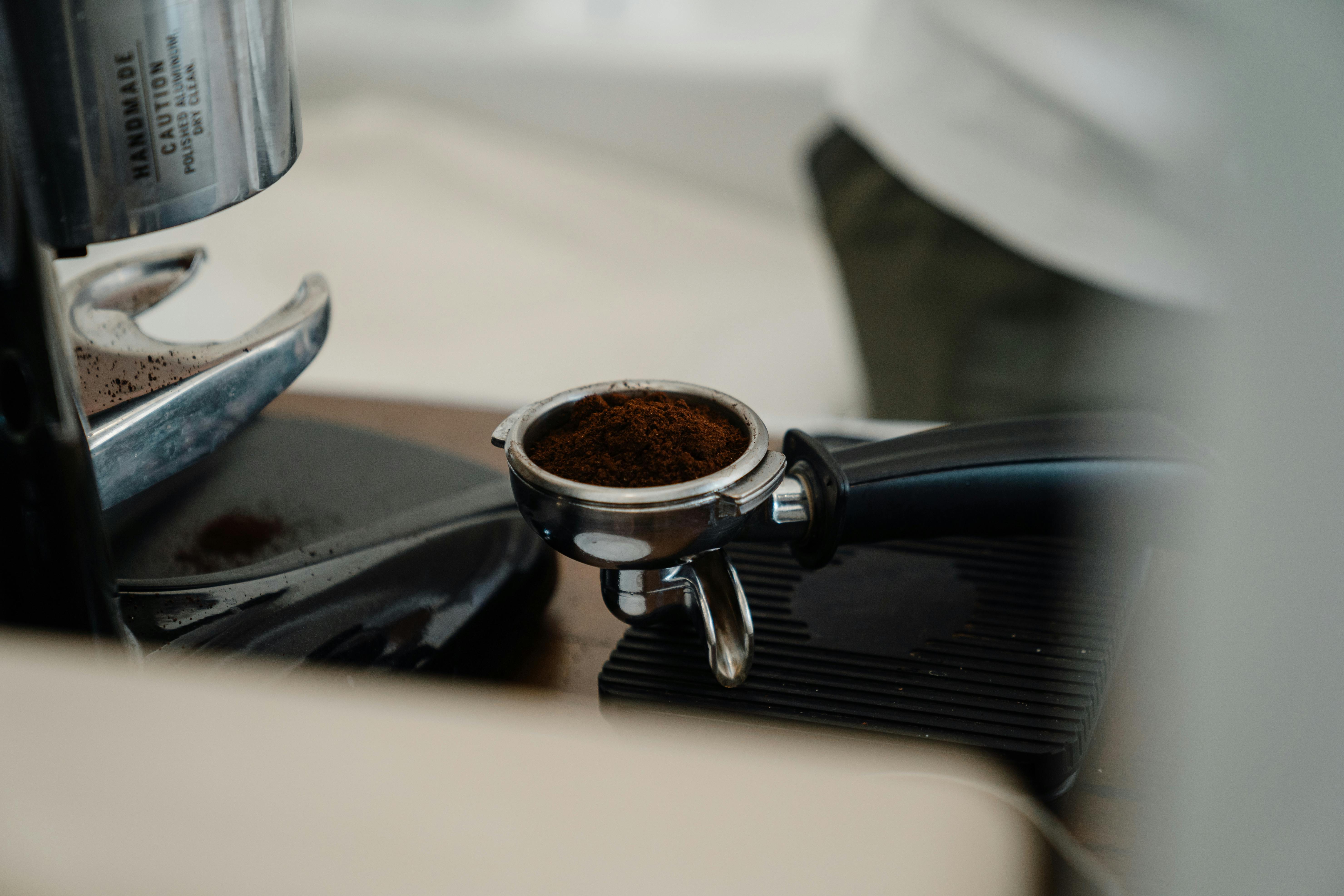As my patients and readers know, I try to promote balance in all areas of life. Obviously we shouldn’t indulge our wishes to the extreme, but if you come into my office, you’ll never have to be ashamed to talk about that glass (or three) of wine you had last night, or that big juicy steak you had. enjoyed the weekend. Moderation is key. And really, isn’t moderation the key to pleasure? Think about it: doesn’t that glass of wine at the end of a long, hard day taste much better than the four glasses of cheap Chardonnay you drank at the bar last week? And would you really taste that juicy steak that much if you ate steak four nights a week? Probably not. If we deny ourselves completely, we will voraciously search for what we lack. On the other hand, a little self-sacrifice will allow us to experience more pleasure from whatever we indulge in.
I was doing some reading this weekend and came across an interesting article on restraint and restraint from a Taoist perspective. This is a basic guideline to avoid the excesses of life and maintain general serenity:
Empty mind: Try to keep your mind free of meaningless discursive thoughts, idle fantasies, and unnecessary worries, as these are a constant drain on vitality and a form of “mental self-pollution.” Do not dwell on the past or worry about the future, as these are merely mental excuses for not facing the present and dealing directly with present realities. Try to “be here now” at all times.
Empty stomach: Eat when you’re hungry, but stop before you’re full. Gluttony contaminates the entire digestive tract with the toxic byproducts of putrefaction and fermentation, and these toxins seep into the bloodstream to contaminate the entire body. If you really don’t feel hungry at a scheduled meal time, do yourself and your body a huge favor and skip that meal altogether.
Empty kitchen: if possible, keep only enough food for two or three days in your kitchen. Canned, processed, preserved, and frozen foods that pile up indefinitely will only degrade the overall quality of your entire empty-calorie diet and clog your colon with mucus-encrusted toxic waste. Maintaining an “empty kitchen” motivates you to buy fresh food more often, to pay more attention to what you eat and how you combine different foods, and to eat less.
Empty room: Avoid excessive clutter and noise in your private home, especially the bedroom and the room where you exercise and meditate. Under conditions of constant distraction, it is difficult, if not impossible, to keep your body, breath, and mind in harmony.
